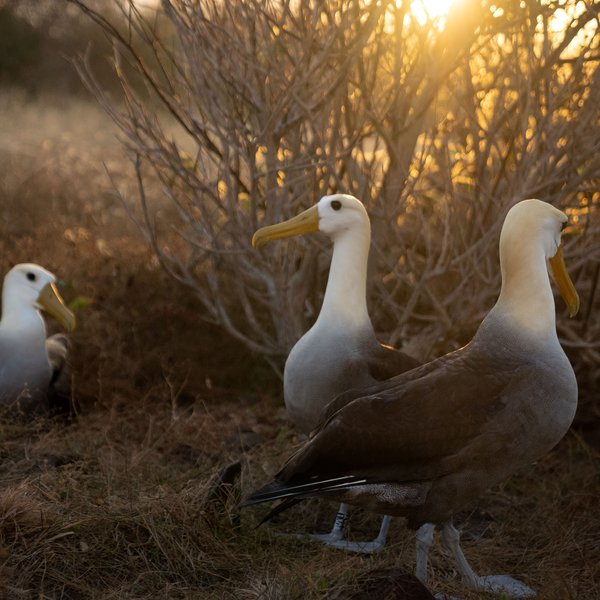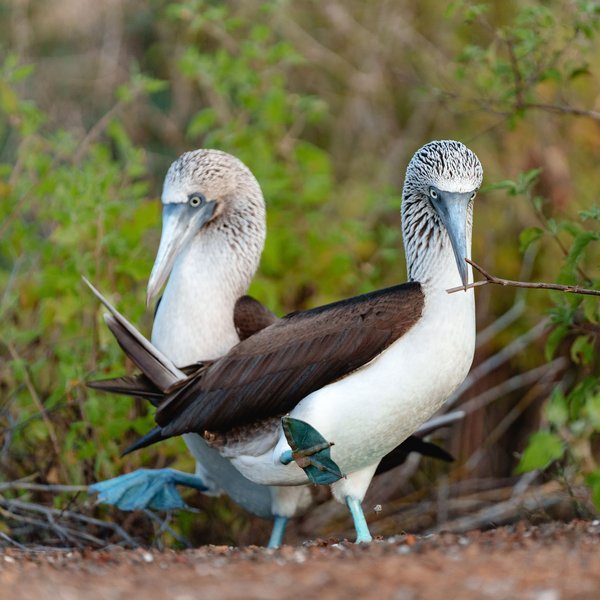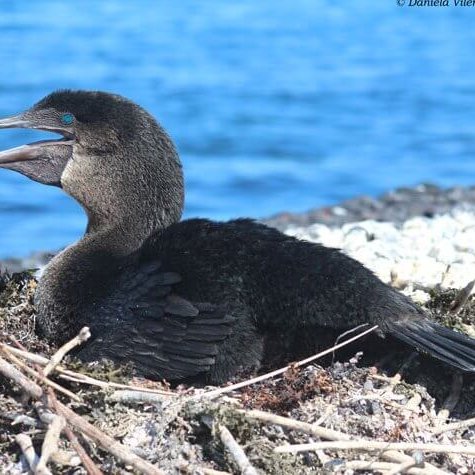Results
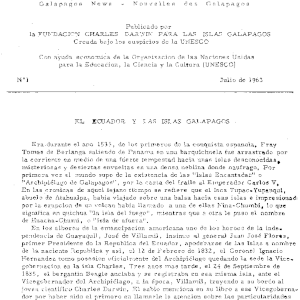
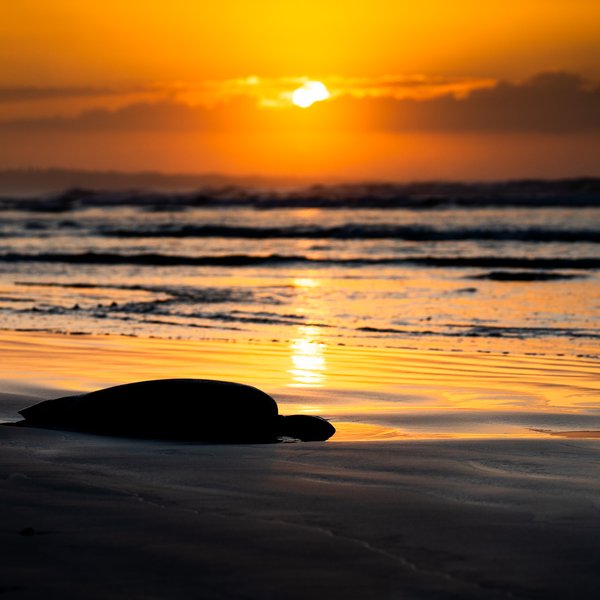
The Charles Darwin Foundation and Oceans Finance Company are delighted to announce a strategic partnership aimed at advancing crucial long-term conservation initiatives to enhance resilience to climate change in the archipelago and surrounding areas.
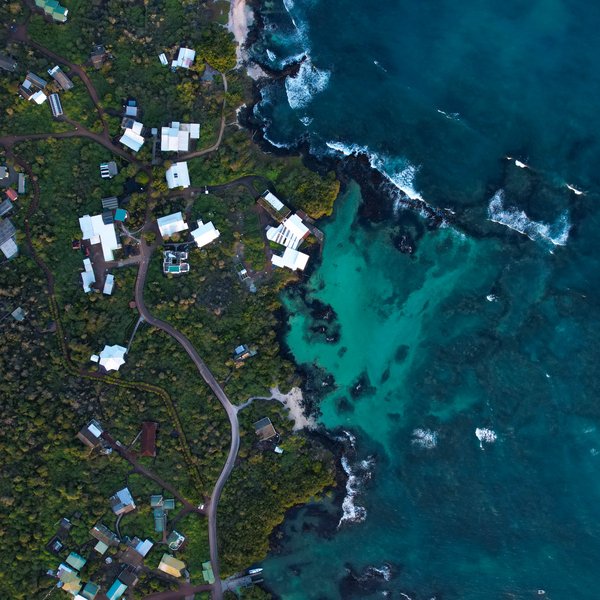
Discover the mission, vision, and impact of the Charles Darwin Foundation. Dedicated to preserving the Galapagos Islands through groundbreaking scientific research and conservation initiatives since 1964.

Travel to the Galapagos Islands and help protect these iconic places. Discover the Charles Darwin Foundation's essential travel tips for responsible tourism.
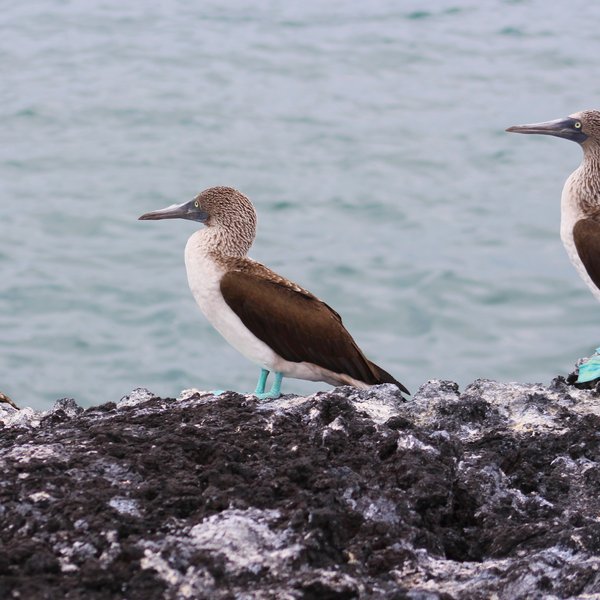
Since 1959, the Charles Darwin Foundation has been on the frontlines of scientific research and conservation action in the Galapagos Islands. Join us on our mission to safeguard one of our planet’s most important natural treasures Discover our research and conservation programs today.
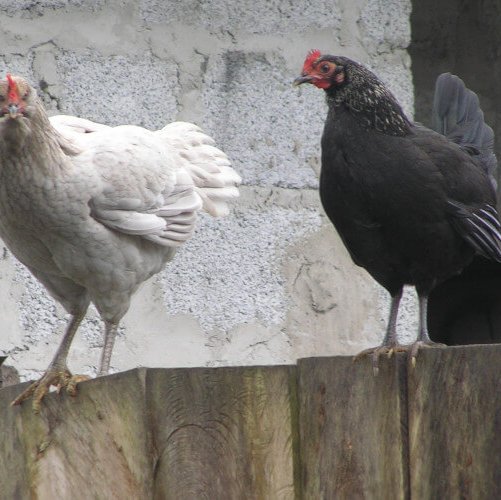
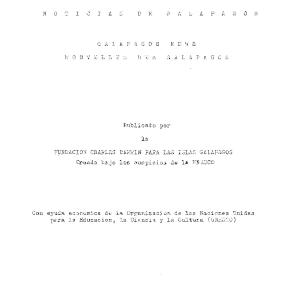
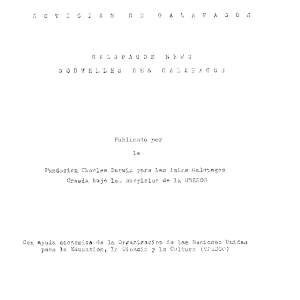
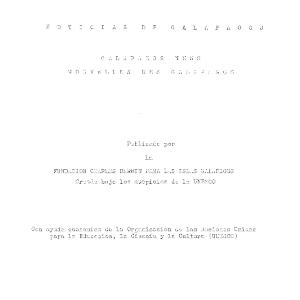
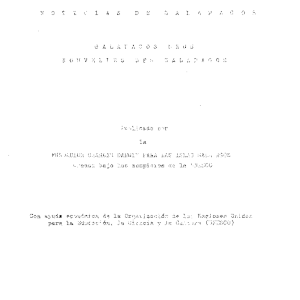
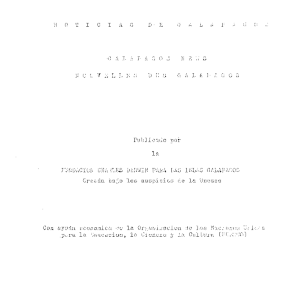
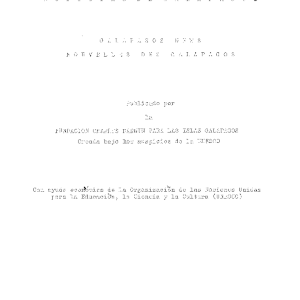
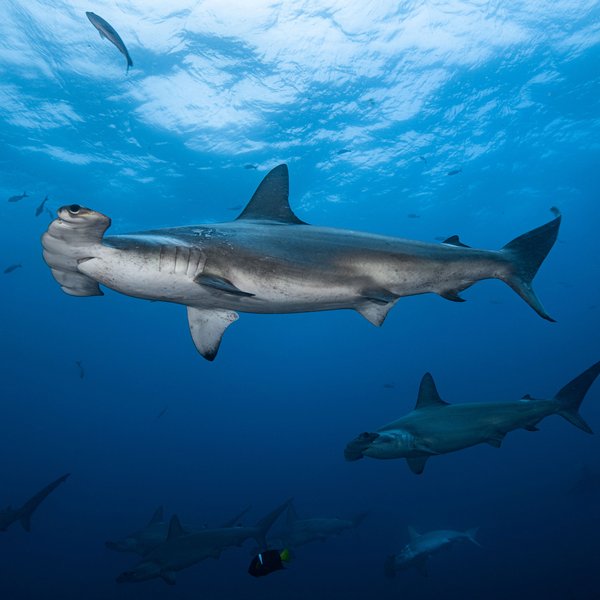
By adopting scalloped hammerhead sharks you will contribute to our mission of developing a strong scientific basis for the development of effective management and conservation strategies that will ensure their long-term protection. Scalloped hammerhead sharks are threatened by commercial and illegal fishing, as well as climate change. They are also taken as bycatch by vessels targeting shrimp or bony fishes. Our work is therefore of incredible importance.
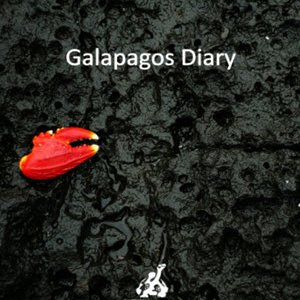
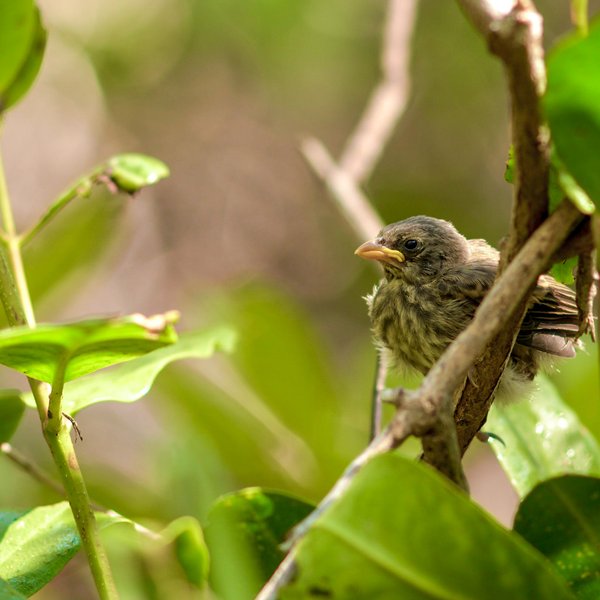
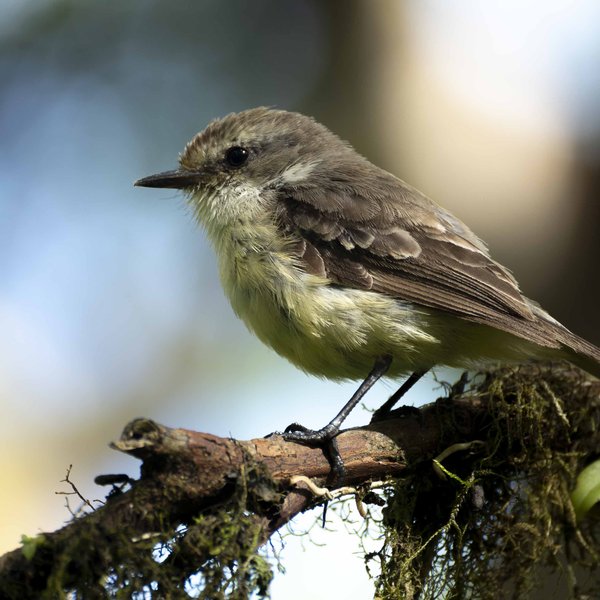
Little Vermilion Flycatcher populations are declining at a rapid rate due to the impacts of invasive species, particularly on the island of Santa Cruz where only 30 breeding pairs are found. By adopting a Little Vermilion Flycatcher you will help us restore their habitats and reduce the impacts of invasive species. Your donation will also enable us to investigate ways to recover the species on the islands where it has disappeared.
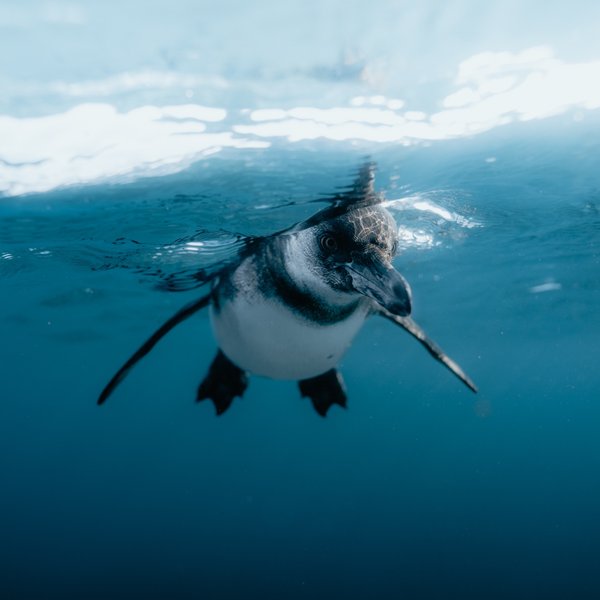
Threats such as climate change, introduced species, diseases, pollution, and fishery activity all put the Galapagos penguin at immediate risk of population decline. Your adoption of a Galapagos penguin will help us carry out annual monitoring of this species, in partnership with the Galapagos National Park Directorate.
